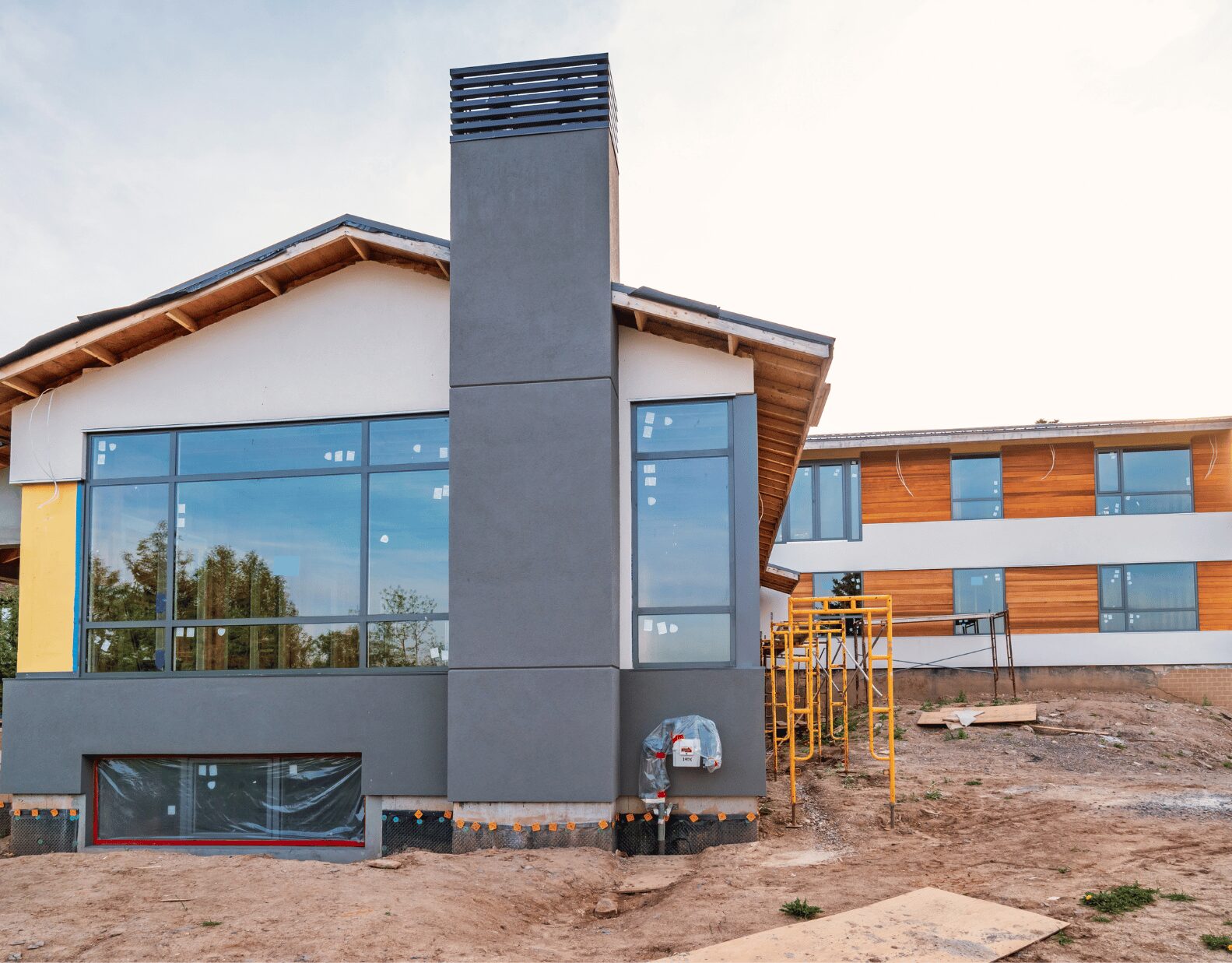Planning a home addition is an exciting step toward creating the home you’ve always wanted. Whether you’re adding a new bedroom, expanding your kitchen, or building the sunroom of your dreams, one of the first questions we often hear is: “How do I finance my home addition?”
At SG Home Builders, we know that funding a home renovation can be just as important as designing it. Here’s a breakdown of the most common ways to finance your home addition—and the pros and cons of each.
1. HELOC (Home Equity Line of Credit)
A HELOC is one of the most flexible and affordable ways to access the equity in your home.
Benefits:
- You only pay interest on the funds you use, not the entire credit line during your draw period.
- Access to your home’s existing equity without refinancing your current mortgage.
- Low or no closing costs, depending on the lender.
Things to Know:
Most mortgage lenders don’t offer competitive HELOCs because these loans typically stay on the lender’s books instead of being sold on the secondary market. That’s why you’ll often find better options at local banks or big national banks like Chase, Bank of America, or Fifth Third. These institutions are better equipped to handle HELOCs in-house and can offer more flexible terms. The larger benefit to a HELOC is the ability to draw against your line of credit without paying the principal for a set period of time – often 5 to 10 years. This allows homeowners to manage their monthly finances and achieve their dream home addition with budget in mind.
2. Cash-Out Refinance
This was once the go-to financing option—but it’s taken a back seat in today’s market.
Benefits:
- Taps into your home’s existing equity in a single, new loan.
- Offers fixed rates and predictable monthly payments.
- Often comes with lower interest rates than other types of loans.
Things to Know:
If you refinanced into a 2–3% mortgage back in 2020, a cash-out refinance now might bump your rate significantly higher and that may not make financial sense. It’s still worth evaluating, but it’s not the slam dunk it once was. It’s also important to note that cash-out refinancing often comes with hidden fee’s like closing costs and most lenders require that homeowners have at least 20% equity in their homes.
3. Construction Loan
Don’t have enough equity in your home yet? A construction loan might be the solution.
Benefits:
- Based on the “future value” of your home after the addition is complete.
- Lets you borrow against projected equity, not just current equity.
- Gives you access to larger amounts of financing for major additions.
Things to Know:
These loans require more paperwork, detailed project plans, and an appraisal of the completed project. They can also come with higher fees and interest rates due to the increased risk and complexity. But for the right project, they can unlock the full potential of your home’s value.
4. Using Personal Assets (Like Retirement Accounts)
Some homeowners consider dipping into savings or retirement funds.
Benefits:
- Avoids taking on new debt.
- Immediate access to cash.
Things to Know:
This is a high-stakes decision that should be reviewed carefully with a financial advisor. The long-term impact of pulling from retirement accounts—such as tax implications, penalties, and lost investment growth—can be significant.
Final Thoughts
Every homeowner’s financial situation is unique. The best way to determine how to finance your addition is to talk with your lender and a trusted financial advisor. At SG Home Builders, we’re happy to connect you with local professionals who can help guide you through the process.
A well-planned addition should enhance your lifestyle and your financial future. Let’s make sure both are working in your favor.
If you’re ready to start the discovery phase of your project, contact us today! Our team of local builders has been remodeling, renovating, and designing in the area for nearly 20 years. We know the in’s and out’s of local laws and only build with the highest quality materials so your investment outlives and outshines for generations to come.





